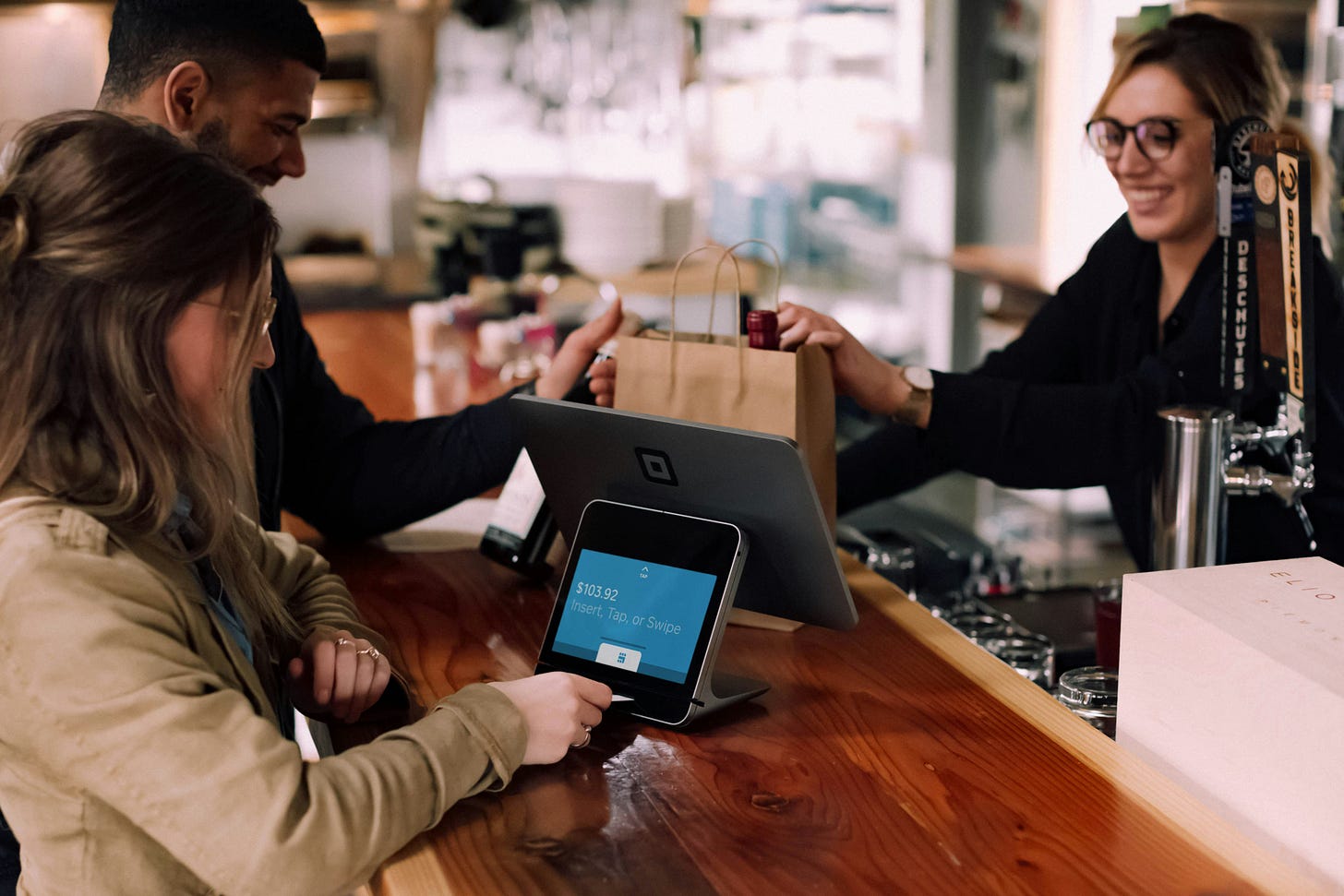Concerns Rise Over 'Buy Now, Pay Later' Expansion in Groningen and Beyond
Young people and vulnerable groups at risk as payment schemes reach physical stores.
The "Buy Now, Pay Later" (BNPL) payment method, which allows consumers to defer payment for purchases, is becoming increasingly popular, especially among younger shoppers. Initially used for online shopping, BNPL services like Klarna are now expanding into physical stores, sparking concerns about rising debt among vulnerable groups. Local political factions in Groningen, including the Christian Union, CDA, Party for the Animals, and PvdA, have raised alarms about the potential consequences for young people and those already in debt.
Recent data from the Netherlands Authority for the Financial Markets (AFM) shows that minors made nearly 600,000 transactions using BNPL services last year, despite age restrictions. Late payments often result in high fees, putting younger consumers at risk of accumulating debt. As BNPL expands to physical stores, these concerns are intensifying.
Local councils, including Groningen, have urged consultations with retailers to limit the risks of BNPL services. State Secretary Ingrid Coenradi (Justice and Security) has also expressed concern, describing the trend as “worrying.” She emphasised the potential harm to minors and those already struggling with debt, calling for further regulation.
As BNPL continues to expand, local and national authorities are working to protect vulnerable consumers from falling into financial difficulties. While convenient, these services come with risks that require greater awareness and regulatory action.



